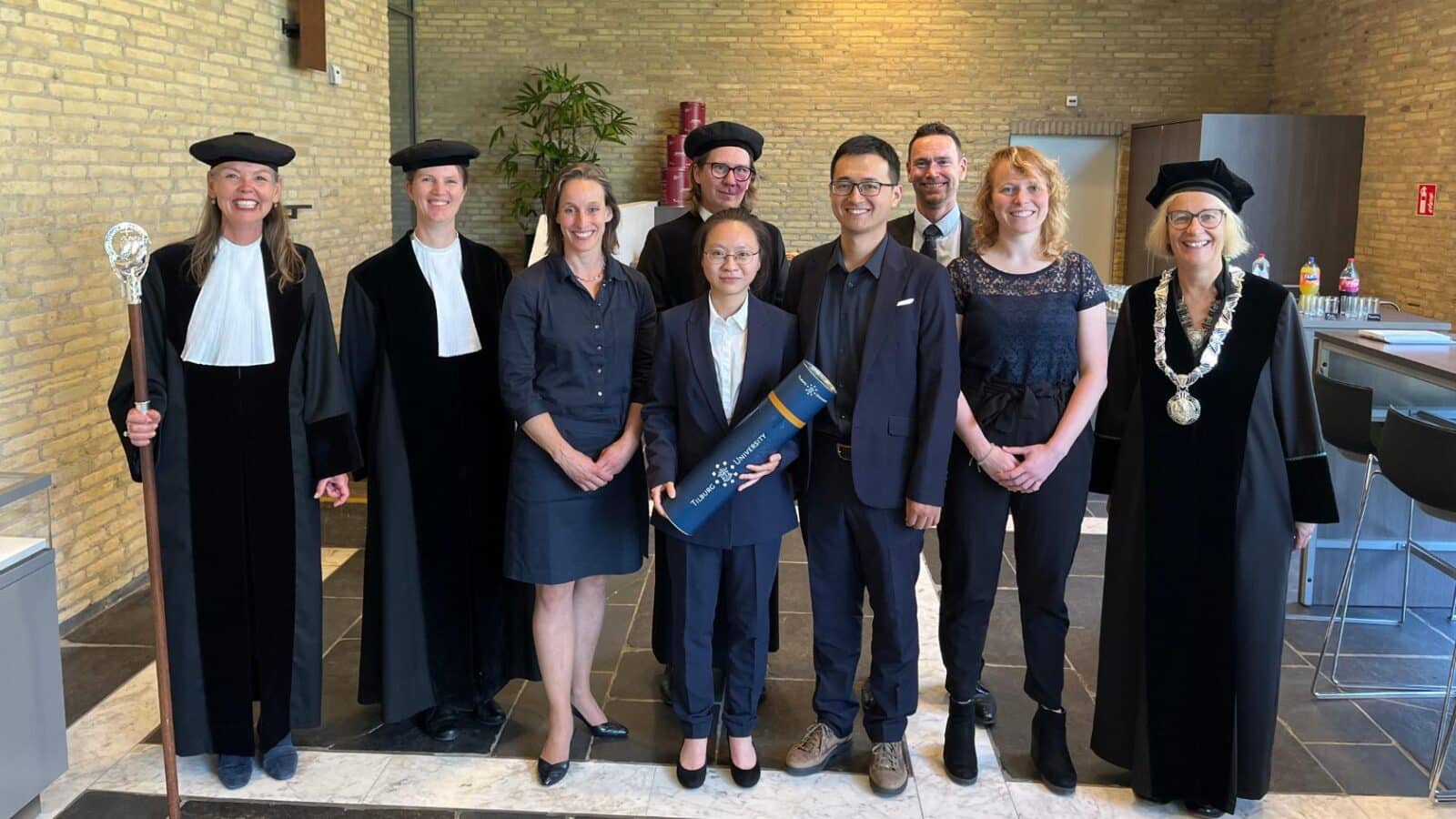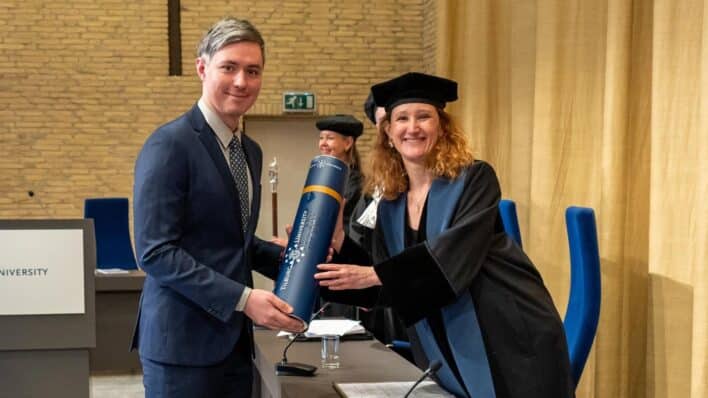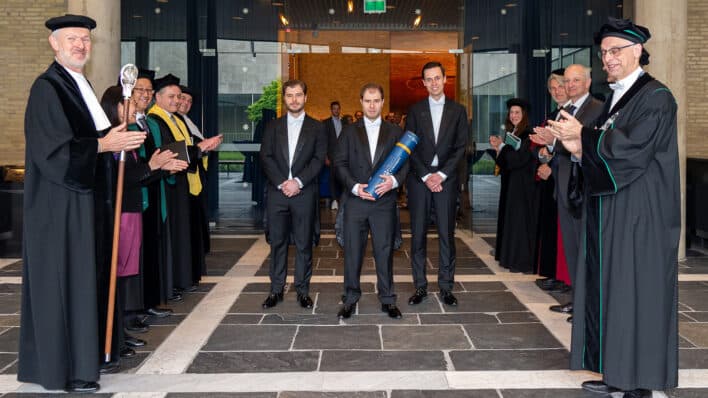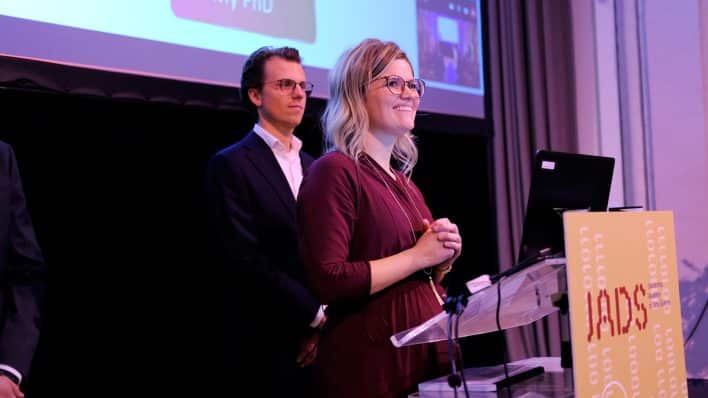Behind the PhD: From data to decisions with Lingjie Chen
Posted on
Why did you choose this research subject and what makes it so fascinating?
“The research topic closely relates to our daily lives: what would have happened if I had made a different decision? I think it is a very philosophical topic. In addition, we collaborate with IKNL (Integraal Kankercentrum Nederland) aiming to leverage large real-world data to derive actional insights that may potentially improve patients’ quality of life. I think this topic may create a social impact and I believe this will be a valuable research topic in the future.”
Which challenges did you meet along the way and how did you overcome them?
“There were many challenges during my journey to achieve the goal. First, how to validate causal estimates derived from observational data is challenging. Second, how to derive accurate and interpretable decision rules from a validated method is challenging. Third, how to properly use the proposed methods in a clinical use-case that can potentially generate clinical implications is challenging. I spent a lot of time to identify these three challenges and provide solutions to address those challenges. Submitting my work to high-impact journals is my primary method used to gain theoretical and practical feedback to iteratively improve my work although my manuscripts are often rejected. Talking to different audiences is also a method to shape my ideas.”
What is the impact of your work in the real world?
“In the last use-case, we generated a decision tree of adjuvant chemotherapy for stage II and stage III colon cancer patients using national cancer registry data. We compared the decision tree to the Dutch guideline which is constructed based on evidence from randomized controlled trials and expert consensus. We confirmed the value of the existing knowledge, i.e., stage and pT, to inform treatment decisions, we also identified a subgroup of interest to inform future studies. This use-case demonstrates a successful practice of how to properly use real-world data to inform a population-level treatment guideline. The use-case can indicate a region where more knowledge is needed, helping us to better understand the treatment effects of each patient.”
What are your plans after your PhD?
“I will have a holiday, and then try to look for a job that matches my research topic. Since the real-world study is still in the early stage, I will be patient and look for opportunities. Let’s see : )”



